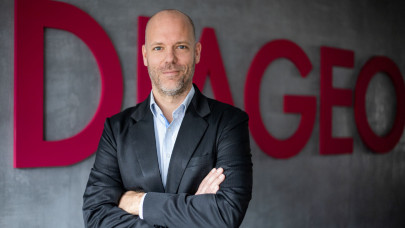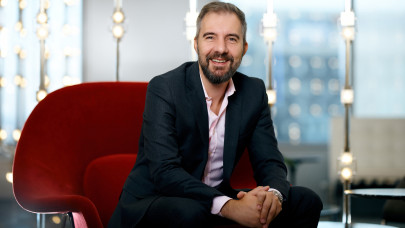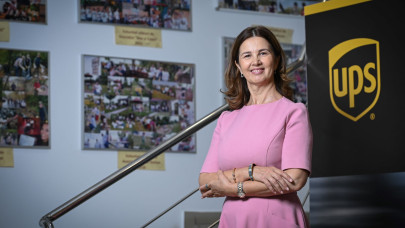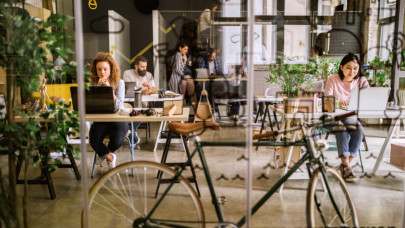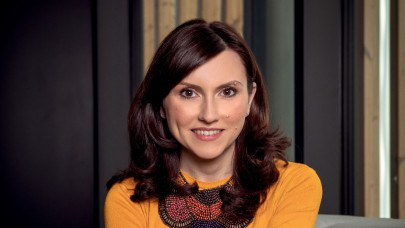What are the advantages of a sustainably built commercial space?
In a large overview of the advantages of a sustainable built commercial space I have to underline the increase of energetic efficiency during the operation time of the commercial unit (5-10 years, 12-14 hours/day), a fresher look of the retail environment, a more product targeted capabilities of the display solution. I wish I could say in the near future a decrease in legal taxation to be implemented.
What percentage of the buildings/shops/commercial spaces that are being built now in Romania are sustainable?
I estimate during my 23 years of experience in the retail architecture field 15-20% of the operating networks in Romania have started implementing ESG key principles in their fit-out design and close to 5% in full sustainable standards. The suppliers, products, and solutions are listed in the prioretail.ro push ESG materials and visions to retailers. We expect 2030 to be 45-50% with a community sustainable economy good practice.
In which region of the country have you noticed a trend regarding environmentally friendly constructions?
Basically, everywhere in Romania retailers have understood and proceeded to implement ESG environmental solutions in their entire retail company. I must mention here Chillya, an innovative project for our industry.
Referring to Bucharest's specific area, I have noticed and participated in several remarkable examples: multichannel retail, stock management, intelligent fitting room solution, etc.
What is the price difference between a sustainable commercial space compared to an ordinary one?
There are significant differences in costs between the two variants (ranging from 20 to 50%); still, the operations costs of commercial units will rapidly cover this gap. The cost optimization starts from the design process where matius.ro brings the most recent design and experience in design solutions.
Moreover, prioretail.ro listed suppliers are reliable partners for architects, engineers, and retailers in creating and delivering more sustainable design units.
What are the challenges you face when designing sustainable buildings?
Lack of education in terms of ESG (environmental, social, and governance) and a poor number of good practice solutions are two of the challenges I faced.
Due to Green Forum and other such promoters, the retail market will be more exposed to these revolutionary and strategic investments.
Implementing ESG formulae in existing commercial centres makes us as design service providers to retailers, face an unwelcomed barrier of an old building.
What is the future of this type of construction in our country?
I am optimistic in this respect, since the speakers in the specialized conferences I attended as Matius.ro Studio representative is often mentioning amazing projects developed by the architecture branch in Romania.
There are already commercial centres and retail parks in Romania that started implementing photo-voltaic electricity systems into the operation of the buildings.
Do you know any examples of good practices in the field of retail in which you operate?
I have mentioned Chillya as a good practice example. It all started with a relatively tiny, multi-purpose object, that could serve daily and nightly activities (resting, creating, relaxing, sleeping) and become part of WWF revolutionary project in sat Batran, Armenis, Caras Severin. At the very base of the Tarcu Mountains, the WeWilder campus offers both tourists and locals a rural–urban remote community, based on a sustainable economy.


